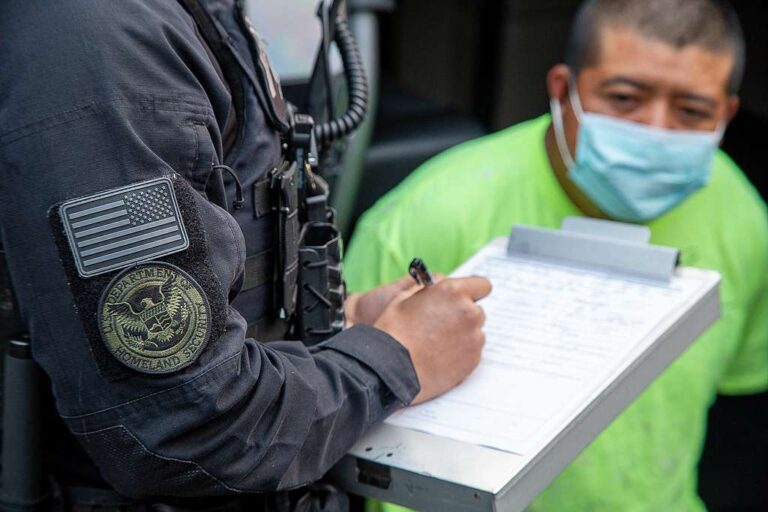
Benjamin Sachs is the Kestnbaum Professor of Labor and Industry at Harvard Law School and a leading expert in the field of labor law and labor relations. He is also faculty director of the Center for Labor and a Just Economy. Professor Sachs teaches courses in labor law, employment law, and law and social change, and his writing focuses on union organizing and unions in American politics. Prior to joining the Harvard faculty in 2008, Professor Sachs was the Joseph Goldstein Fellow at Yale Law School. From 2002-2006, he served as Assistant General Counsel of the Service Employees International Union (SEIU) in Washington, D.C. Professor Sachs graduated from Yale Law School in 1998, and served as a judicial law clerk to the Honorable Stephen Reinhardt of the United States Court of Appeals for the Ninth Circuit. His writing has appeared in the Harvard Law Review, the Yale Law Journal, the Columbia Law Review, the New York Times and elsewhere. Professor Sachs received the Yale Law School teaching award in 2007 and in 2013 received the Sacks-Freund Award for Teaching Excellence at Harvard Law School. He can be reached at [email protected].
As we have already discussed, UNITE HERE Local 355 v. Mulhall is a case with potentially enormous implications and, yet, a case that the Court probably should not have taken. Jack has written about three problems with the Mulhall grant. But the employer’s brief, just filed, brings home yet another oddity of this case. The employer’s argument is that the organizing agreement at issue in the litigation “conveys a thing of value to Local 355.” In no uncertain terms, then, the employer is arguing to the Supreme Court of the United States that it – the employer – has violated a federal criminal statute and has committed a felony.
There is no subtlety here, or even room for interpretation. The employer’s position is that the organizing agreement that it signed conveyed a thing of value to the union. According to the employer’s brief, the value of this “thing of value” is approximately $100,000 – the amount that the union allegedly spent “in exchange” for the organizing agreement. If the Court accepts the employer’s argument, then the union violated §302. But so too did the employer. Why? Because §302 makes it illegal for an employer to deliver a thing of value to a union. §302(d) states that if the value of the “thing of value” involved in the transaction is greater than $1,000 – which, if we accept the employer’s argument, is easily true here – then the violator “shall, upon conviction . . ., be guilty of a felony.”
There is a long list of strange things about Mulhall. Near the top of that list is a party arguing that its own conduct was felonious.






Daily News & Commentary
Start your day with our roundup of the latest labor developments. See all
June 5
Nail technicians challenge California classification; oral arguments in challenge to LGBTQ hiring protections; judge blocks Job Corps shutdown.
June 4
Federal agencies violate federal court order pausing mass layoffs; Walmart terminates some jobs in Florida following Supreme Court rulings on the legal status of migrants; and LA firefighters receive a $9.5 million settlement for failure to pay firefighters during shift changes.
June 3
Federal judge blocks Trump's attack on TSA collective bargaining rights; NLRB argues that Grindr's Return-to-Office policy was union busting; International Trade Union Confederation report highlights global decline in workers' rights.
June 2
Proposed budgets for DOL and NLRB show cuts on the horizon; Oregon law requiring LPAs in cannabis dispensaries struck down.
June 1
In today’s news and commentary, the Ninth Circuit upholds a preliminary injunction against the Trump Administration, a federal judge vacates parts of the EEOC’s pregnancy accommodation rules, and video game workers reach a tentative agreement with Microsoft. In a 2-1 decision issued on Friday, the Ninth Circuit upheld a preliminary injunction against the Trump Administration […]
May 30
Trump's tariffs temporarily reinstated after brief nationwide injunction; Louisiana Bill targets payroll deduction of union dues; Colorado Supreme Court to consider a self-defense exception to at-will employment